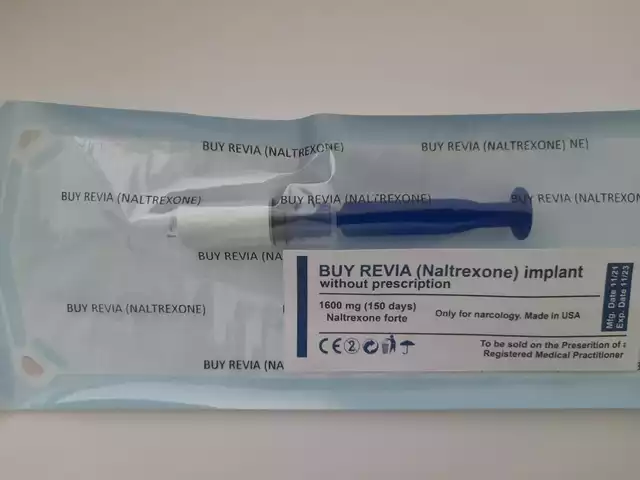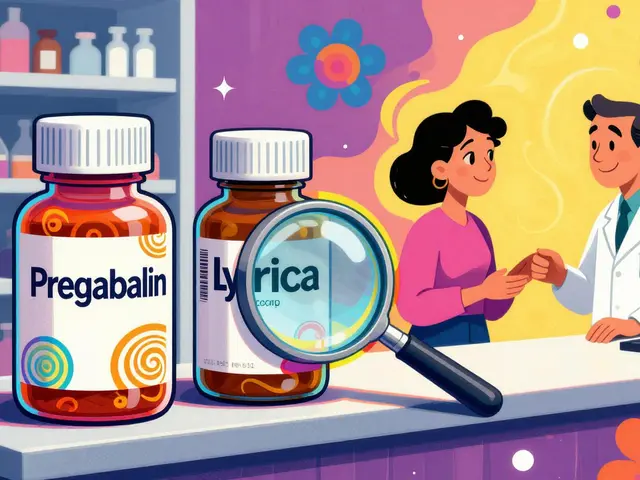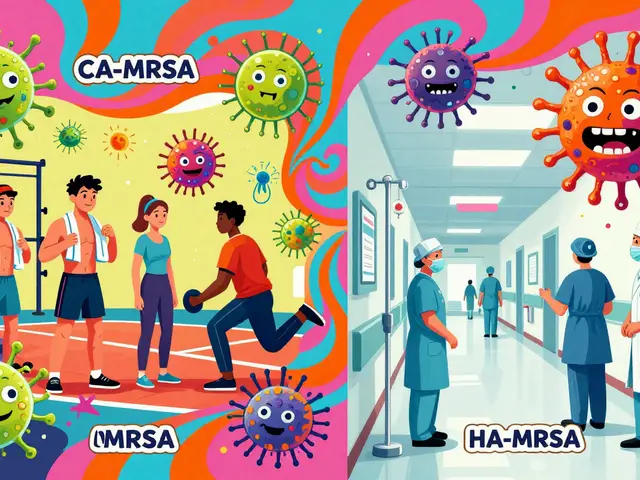Hepatitis C Treatment: Options, Medications, and What Works Best
When it comes to hepatitis C treatment, a medical approach to eliminate the hepatitis C virus from the body using antiviral drugs. Also known as HCV therapy, it has changed dramatically in the last decade—no more interferon shots, no more 48-week battles, and no more half-success rates. Today, over 95% of people cured with a simple 8- to 12-week pill course. This isn’t just progress—it’s a revolution in how we handle chronic viral infections.
The core of modern direct acting antivirals, a class of drugs that target specific parts of the hepatitis C virus to stop it from multiplying. Also known as DAAs, they work by blocking the virus’s ability to copy itself. Drugs like sofosbuvir, a nucleotide analog that inhibits the HCV RNA polymerase enzyme. Also known as Sovaldi, it’s the backbone of most treatment regimens and daclatasvir, a NS5A inhibitor that prevents viral assembly and release. Also known as Daklinza, it’s often paired with sofosbuvir for higher cure rates are now standard. These aren’t old-school drugs with brutal side effects. Most people report mild fatigue or headache—nothing like the flu-like symptoms of old interferon treatments.
What makes hepatitis C treatment so powerful today is how targeted it is. Unlike antibiotics that hit everything, DAAs are like precision tools. They don’t just suppress the virus—they erase it. That’s why the CDC now says anyone with hepatitis C should be treated, no matter how advanced the liver damage. Even if you’ve had the virus for 20 years, the cure rate is still above 90%. And you don’t need a specialist to start—many primary care doctors can manage it now.
But not all treatments are the same. Genotype matters. If you have genotype 1, you’ll likely get sofosbuvir plus ledipasvir. Genotype 3? That’s where daclatasvir or sofosbuvir plus velpatasvir shines. Cost used to be a huge barrier, but generics have dropped prices by over 90%. You can now get a full course for under $200 in many countries. The real question isn’t whether you can be cured—it’s why you’re still waiting.
What you’ll find in the articles below are real-world comparisons: how one drug stacks up against another, what side effects actually feel like, how to handle interactions with other meds, and why some people still struggle even when the science says they shouldn’t. You’ll see how hepatitis C treatment connects to liver health, drug interactions, and even mental health—because living with a chronic virus changes more than your bloodwork. This isn’t theory. It’s what people are using, what’s working, and what’s not.
Daclatasvir and Hepatitis C: Finding Support Groups for Patients
Find real support while taking daclatasvir for hepatitis C. Learn where to join free, trusted groups, what to expect, and how to connect with others who truly understand.






